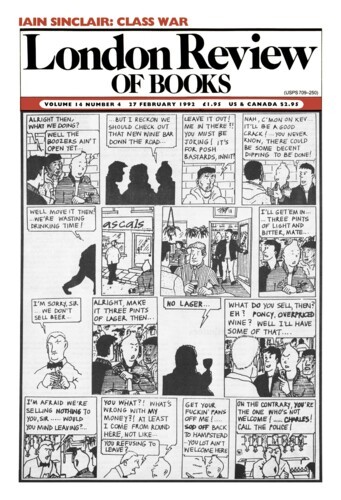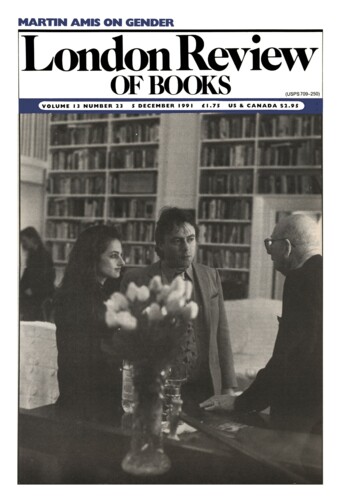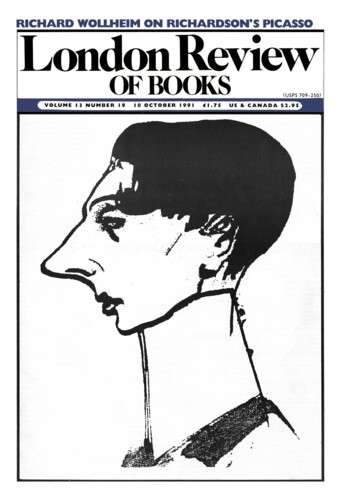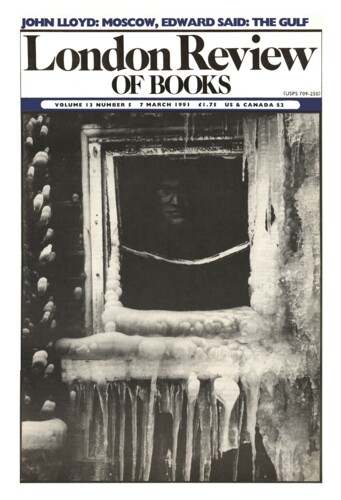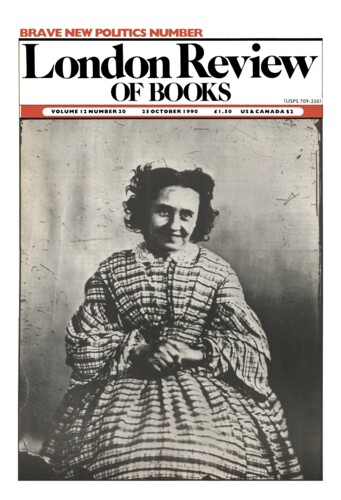Galiani’s Strangeness
P.N. Furbank, 27 February 1992
One jibs nowadays, perhaps as a result of reading Foucault, at the once-cherished notion of an ‘age’ – such an ‘age’ as one might be tempted to paint a ‘portrait’ of. For those brought up on ages, Foucault’s Les Mots et les choses was a shock, locating as it did Colbert and Cantillon, the Port-Royal Logique and the Encyclopédie, within one and the same episteme. (But, as Foucault was quick to point out, this was merely one possible dissection: there were many others he might equally well have performed.) The concept of an age seems riddled with fallacies, and especially perhaps when applied to the French mid-18th century, the so-called Age of Enlightenment. This latter name ought to be harmless enough, unlike that thoroughly obfuscating modern one, ‘The Enlightenment’ (which must, one supposes, stem from a mistranslation of the German definite article). All the same, that tag ‘The Age of Enlightenment’ can soon become a nuisance. It is a tendentious phrase, like ‘the true Church’, or ‘phlogiston’ – a phrase which many might have used in the 1760s, for their own intricate purposes. Thus a historian studying how these loaded phrases were used can hardly afford to use them himself, incorporating them as neutral terms into his own professional vocabulary.’’
